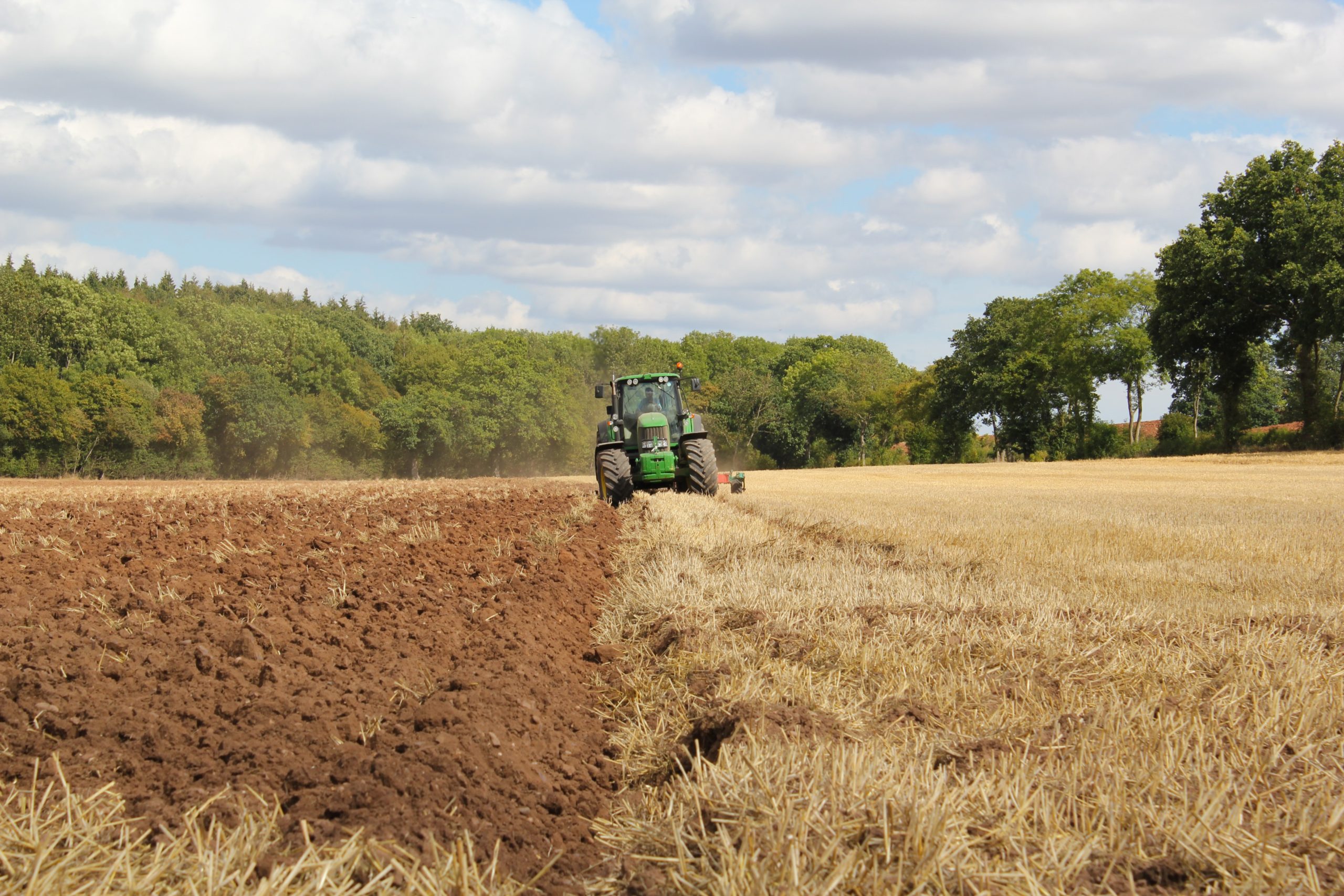New government plans for the farming industry to radically transform the environment

New government plans for the farming industry will place further importance on wildlife, nature and the climate. The new £1.6 billion subsidy provided every year for farmers for simply owning land will be eliminated by 2028 and the funds used to pay farmers to focus on restoring natural habitats, create new woodlands, enhance soil and reduce the use of pesticides.
The most wealthy landowners, including those that receive annual payments that exceed £150,000 will experience the biggest cuts, with a planned reduction of 25% in 2021. Landowners receiving amounts under £30,000 will see a 5% reduction commencing next year.
Farmers will also receive grants to focus on productivity and animal welfare, including robotic technology. The definitive goal of the government plan will be for farmers within a seven year period to be producing healthier and more profitable food in a sustainable manner without relying on subsidies.
Environment Secretary George Eustice has spoken about the environmental damage associated with farming activities since the 1960s and stated that new plans would focus on nature and supporting the fight against the climate crisis.
Farming occupies approximately 70% of total land area in England and is responsible for having the biggest impact on biodiversity loss and high production levels of greenhouse gases and water pollution.
The significant proposed changes to agricultural policies are possible due to the UK leaving the EU and a consequential movement away from the controversial common agricultural policy, regarded as having considerable impacts on nature and biodiversity.
Farming and environmental groups in general have welcomed the new proposals but believe more clarification was critical. With Brexit coming very soon and yet there are still many uncertainties surrounding food tariffs and trade deals. Many groups are also concerned about the potential import of food production to lower animal welfare and environmental standards.
Mr Eustice explains that this is the biggest change in agricultural policy in half a century. Eustice states that there is no sense in subsidising land ownership and tenure where the largest payments generally go towards the wealthiest landowners. Eustice goes on to say that over the last fifty years or so, a large proportion of our habitat has been lost and many species are now in a long-term decline.
The Environment Secretary explains that many farmers are implementing measures to try and reverse this decline but there is no denial of what impact agricultural intensification has had since the 1960s. Plans for the future of farming must incorporate climate change which represents one of the most critical challenges of our time.
The total value of £2.4 billion paid every year to farmers will continue until 2025, as promised within the Conservative plans. Approximately two-thirds of this is paid directly to landowners but the proportion of this will decline to around a third by 2025 and to zero by 2028. Overall funds allocated for environmental action will increase from quarter of the total to over a half by 2025, with remaining funds being allocated towards accelerating productivity.
The new payment plans will be tested with 5,00o farmers before introducing a wider launch in 2024. The payment plans for specific work related to natural flood defences, peatland restoration and saltmarshes has not yet been confirmed, nor the actual reduction in carbon emissions related to the new measures.
Minette Batters, the president of the National Farmers Union believes the farming industry is changing and is looking forward to collaborating with ministers and other officials to create and implement new measures. The Minister also added, however, that expecting farmers to operate viable, high-cost farm related businesses, continue with food production and simultaneously increase environmental delivery while eliminating the current support and offering no viable replacement for several years is risky and very challenging.
Kate Norgove, of the WWF explains that farmers have the ability to be leaders in the fight against climate change and these measures will put the industry on the right path. Tom Lancaster, principal policy officer for agriculture at the RSPB referred to the plans as a make or break situation for the government’s farming reform, which he believes are equally important for the future of farming and the overall recovery of nature across the nation.
Not all organisations shared the same positive thoughts. Craig Bennett, CEO of the Wildlife Trusts voiced his concern over the test schemes ability to deliver the benefits expected to nature. Mr Bennett highlighted that four years have passed since the EU referendum and yet there are uncertainties on how farm funding will really benefit the public.
All News
